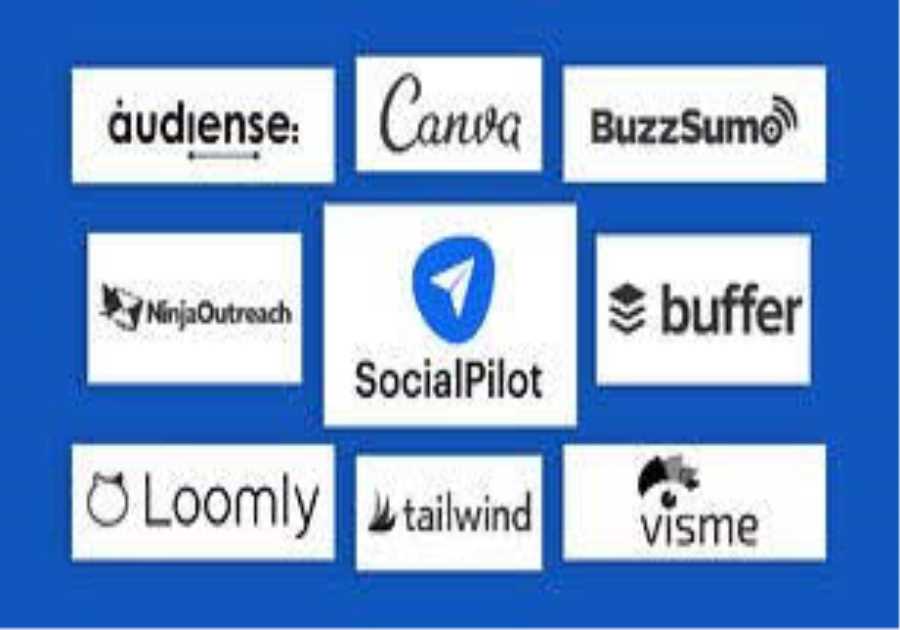
Social media has become an indispensable tool for businesses, particularly eCommerce stores, seeking to expand their reach and drive sales. With its vast user base and ability to target specific demographics, social media platforms offer tremendous opportunities for engaging with potential customers and increasing conversions. We will explore effective strategies for utilizing social media to raise sales at your eCommerce store, providing practical tips and insights to maximize your online presence.
1. Define Your Target Audience
Before diving into social media marketing, it is crucial to understand your target audience. Identify their demographics, preferences, and behavior patterns to tailor your messaging and content accordingly. This understanding will enable you to select your eCommerce store’s most appropriate social media platforms. Research which platforms your target audience frequents the most, ensuring your efforts are focused on the platforms where you can have the greatest impact. Whether you sell cigars or children’s clothing, you need to know who your target audience is.
2. Develop a Comprehensive Social Media Strategy
A well-defined social media strategy is essential for achieving your eCommerce sales goals. Outline your objectives, key performance indicators (KPIs), and tactics to guide your efforts. Create a content calendar to ensure regular and consistent posting across platforms. Incorporate a mix of engaging and informative content, including product highlights, behind-the-scenes glimpses, customer testimonials, and industry-related news.
3. Optimize Your Social Media Profiles
Your social media profiles should be optimized to represent your eCommerce store effectively. Use high-quality images and compelling descriptions that convey your brand identity and value proposition. Include a link to your eCommerce website in the bio section, ensuring easy access for interested users. Utilize relevant keywords in your profile and posts to improve discoverability through search functions. Consistency in branding across platforms will help build recognition and trust among your audience.
4. Leverage Visual Content
Visual content is highly engaging and can significantly impact sales. Incorporate eye-catching images, videos, and infographics in your social media posts to attract attention and generate interest. Showcase your products in action, demonstrating their benefits and features. User-generated content, such as customer photos and videos, can enhance credibility and authenticity.
5. Run Targeted Advertising Campaigns
Social media platforms offer robust advertising capabilities allowing you to target your desired audience precisely. Utilize the detailed targeting options on platforms like Facebook, Instagram, and Twitter to reach users most likely interested in your products. Craft compelling ad copy and leverage appealing visuals to capture attention and drive clicks.
6. Engage With Your Audience
Building meaningful connections with your audience is essential for driving sales. Actively engage with your followers by responding to comments, messages, and mentions. Encourage conversation and create a sense of community around your brand. Offer exclusive promotions or discounts to your social media followers to incentivize purchases. Collaborate with influencers or brand ambassadors to amplify your reach and credibility.
Social media presents many opportunities for eCommerce stores to boost sales and expand their customer base. By understanding your target audience, implementing a comprehensive social media strategy, optimizing your profiles, leveraging visual content, running targeted advertising campaigns, and engaging with your audience, you can harness the power of social media to drive tangible results for your eCommerce store.
The post How to Use Social Media to Raise Sales at an eCommerce Store appeared first on Social Media Explorer.






